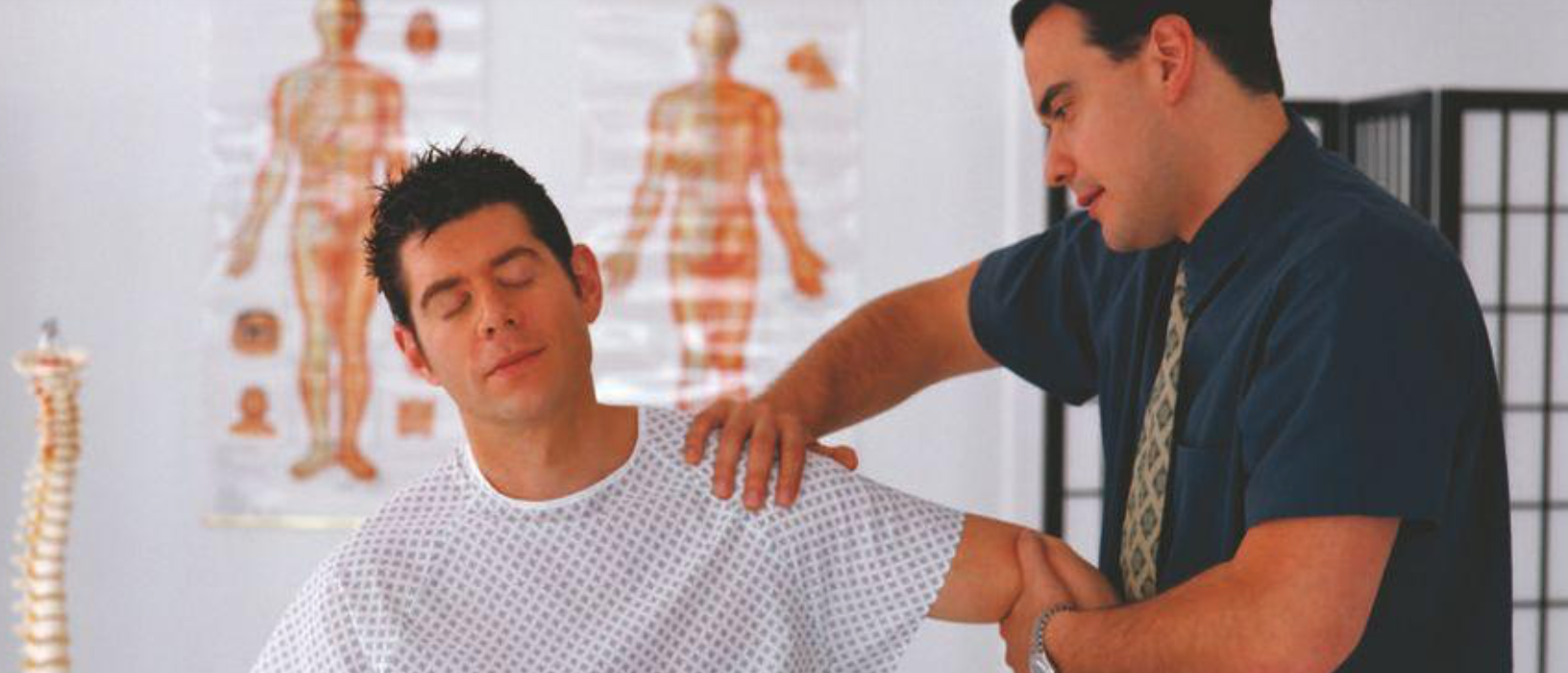
Chiropractors, you may now report for work in New York.
The same goes for landscapers, lawyers and telecommunications workers — in some circumstances.
Non-essential businesses in New York have remained closed since March 22 as Gov. Andrew Cuomo’s administration continues trying to slow the spread of the novel coronavirus, which has contributed to the death of 10,065 residents as of Monday morning.
But the definition of essential is constantly changing as the state weighs requests from various workplaces and industries looking to remain open for business during the global pandemic.
The list of essential industries is maintained by Empire State Development, the state’s economic-development branch. It is constantly being tweaked — a new business type added one day; another clarified the next.
Kristin Devoe, spokeswoman for ESD, said the authority’s response to COVID-19 has “continuously evolved as we see the situation on the ground change.
“The essential guidance for businesses has been revised to address these changing circumstances to ensure that appropriate social distancing measures are in place and followed, and to allow for regional consistency with neighboring states. We ask that businesses frequently check the guidance for the most up to date information, which is available on the ESD website.” Devoe said in a statement.
Gyms and fitness centers have been closed in New York since mid-March, predating the more widespread non-essential business closure that took effect March 22.
But at some point, the state carved out an exemption for fitness instructors who are teaching classes remotely —via Skype, Zoom, Facetime or a similar online program. A fitness instructor can go to a gym to conduct the class, so long as those taking the class are participating remotely.
In: Emergency chiropractic care; physical therapy
Need your back realigned? You may be in luck — but only in an emergency.
The state has added emergency chiropractic services to its list of essential businesses, allowing people with severe back issues to seek care while the state’s emergency order remains in effect. Other medical services added to the original essential list are occupational and physical therapy prescribed by a medical professional.
Out: Regular chiropractic care
Having some minimal back pain or just looking for a minor realignment? You’re out of luck. ESD made clear that only emergency chiropractic work is allowed, not your run-of-the-mill back treatment.
In: Telecommunications to service existing accounts
Your local Verizon or Sprint store can remain open in case you have some issues with your phone or other telecommunications services. Telecommunications stores weren’t originally on the state’s list but were added at some point over the last three weeks.
Out: Telecommunications to sell new accounts
You won’t, however, be able to peruse a store for a new phone or a new provider. Telecommunications stores are only considered essential when they are servicing existing customers or accounts — not new ones.
In: Parks and open public spaces
Public parks and public areas with open space are considered essential, though only if they are large enough to allow people to maintain a 6-foot social distance. Playgrounds and other areas that are too cramped must remain closed, according to ESD’s updated guidance.
Out: Drive-in theaters (for now)
Movie theaters have been closed since mid-March in New York. But operators of drive-in theaters have been pushing for an exemption, arguing that people can maintain a social distance by remaining in their vehicles during the course of a movie.
A reporter raised the issue with Cuomo on Sunday, who seemed intrigued by the idea. But top Cuomo aide Melissa DeRosa said the topic hadn’t come up, and Cuomo’s Budget Director Robert Mujica said the concern would be requiring drive-in employees to work in tight quarters.
In: Landscaping for maintenance or pest control
Rely on a lawn service to keep your grass cut? You can continue to do so. The same goes if you want to apply pesticide to your lawn or garden. Pest control is considered an essential business, according to the state’s latest guidance.
Out: All other landscaping
You can’t, however, call on a landscaper to build you a new garden or install new hedges.
Landscapers can only perform maintenance and pest control work. Anything cosmetic — building a new garden or installing new hedges, for example — isn’t allowed.
In: Automobile, sign manufacturing
The state carved out an exemption for automobile manufacturers and those who manufacture parts for essential products and businesses after the state’s initial guidance was posted. That means GM plants in the state can continue to operate.
They also added design and sign manufacturing firms to the essential list — but only if they are doing work for an essential service. So a company that designs or makes signs for a hospital, for example, could still have people report to work.
Out: Non-essential construction
The entire construction industry was initially on the essential list in New York. Then some workers on decidedly non-essential construction projects raised concern about the close conditions they were working under, and the state reversed course.
Now only essential construction projects — infrastructure work, affordable housing, safety measures and the like — are allowed to proceed. Everything else is prohibited.
In: Lawyers
Initially, lawyers were left off the essential list, meaning they could only work remotely.
The state has since changed that direction slightly.
“Any in-person work presence shall be limited to work only in support of essential businesses or services,” ESD wrote of lawyers. “However, even work in support of an essential business or service should be conducted as remotely as possible.
Out: Real estate tours
Real estate agents have to work remotely at all times — unless it is “legally necessary” for work to be done in person.
Even then, that work has to be done “in accordance with appropriate social distancing and cleaning/disinfecting protocols,” according to ESD.
Published by The Leader.com





